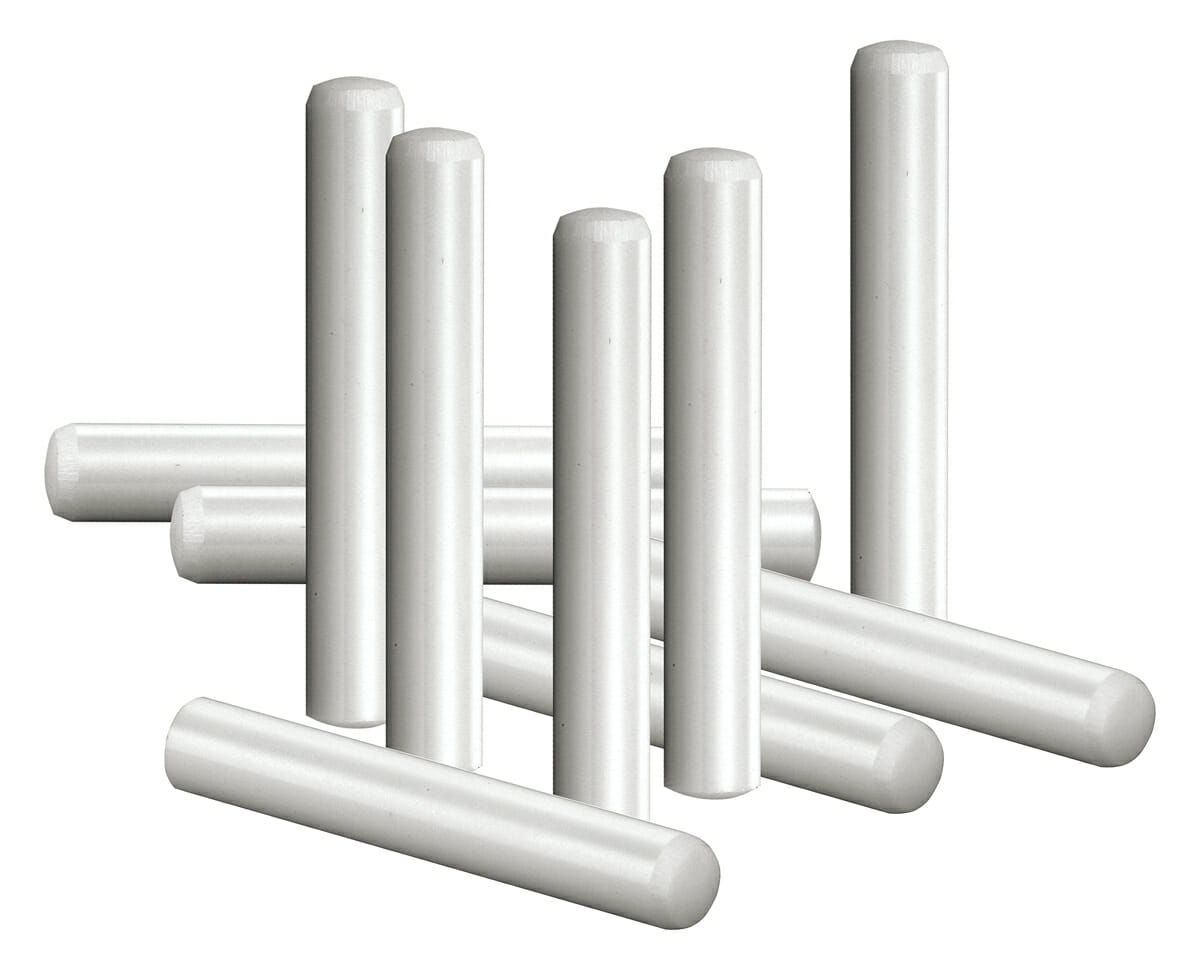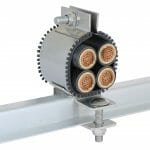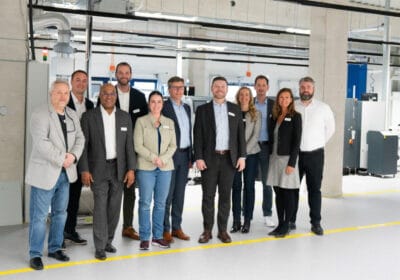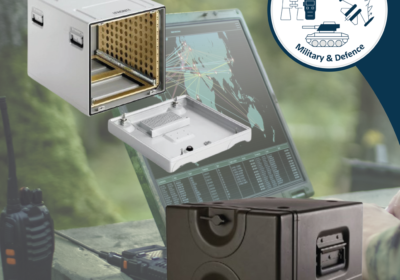The Dortmund-based Moeschter Group GmbH specialises in high-performance materials. The group has four independent companies under its umbrella: Dotherm, Isocos, Doceram and Doceram Medical Ceramics, each of which develops and markets professional solutions for industrial applications in their specific fields. Dotherm and Isocos manufacture electrical and thermal insulation using engineering plastics, fibre-plastic composites and state-of-the-art high-tech materials. Doceram focuses its developments on industrial ceramic material with outstanding properties used as an alternative to metal. Doceram Medical Ceramics focuses on dental semi-finished products, develops and produces dental milling blanks under the Nacera brand, from which all-ceramic dental prostheses are manufactured.Doceram: individual industry solutions with the standards of tomorrow
Doceram makes the fascinating potential capabilities of high-performance ceramic usable as a new type of material for industrial applications. With its solutions for welding technology in automotive engineering, the company has become the world market leader. General mechanical engineering, sheet metal working, forming technology, the food industry and electrical engineering companies also rely on ceramic products from Doceram. Due to its typical characteristics, the material is used in a very wide range of industrial applications and is growing increasingly popular. One of the reasons is that low-wear components, which have a significantly longer service life than conventional metallic materials, increase process reliability and minimize the risks to production.
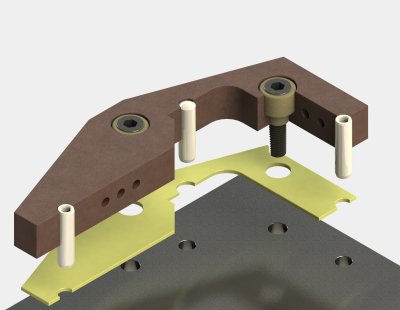
In many cases, ceramics can do more than steel
Doceram high-performance ceramics are non-metallic materials based on ceramic powders produced by sintering and optimized for technical applications. By using various raw materials such as zirconia, silicon nitride and aluminium oxide as well as different manufacturing processes, the properties of the finished product can be adapted precisely to the customer’s requirements. For example, material A-132, which is based on aluminium oxide, has a maximum operating temperature of 1,700 °C and an extremely high degree of hardness (2,000 HV 0.5).In contrast, the maximum operating temperature of Cerazur, a zirconia-based material, is 1,000°C, but it achieves an enormous flexural strength of 1,300 MPa and, unlike most ceramic materials, an enormously high fracture toughness of 12 MPa√m. Among the most important properties of industrial ceramics are its exceptionally high wear resistance and temperature stability. It enables more than 20 times longer service life compared to conventional materials. Furthermore, it is electrically insulating and magnetically neutral, making it ideal for use in the production of electronic components. Another important advantage over metallic materials: DOCERAM industrial ceramics are chemically inert.
Wide range of applications in mechanical and plant engineering
Today high-performance ceramics are used to manufacture, among other things, forming tools, standard components such as cylindrical, centring or welding pins, general wear elements, holders for inductive processes, bushings, thrust pieces, sliding shoes, hydrocyclones, melting crucibles, spacers, gauges, balls, supports, underlays, protective plates and bearing bushings.
Precision and technical cleanliness through cylindrical pins
For cylindrical pins, Doceram mainly uses the zirconia-based material Z-101. This material is characterised by high hardness, bend resistance, fracture toughness and dimensional stability. Their extreme resistance to abrasion ensures long service lives and guarantees technical cleanliness. In addition, the material has such high impact strength that it is the first choice for a wide range of applications. At the same time they are electrically insulating and non-magnetizable, this is a considerable advantage in resistance welding for example, and also makes it the ideal product for applications in the assembly and testing of electronic components. For applications in automation technology, Doceram recommends Z-1000 as the material for cylindrical pins, which are used for positive positioning of gripper jaws or quick-coupling elements for example, and as maintenance-free bearing axles for swivel levers, rollers or gear wheels. Doceram’s cylindrical pins are also used in roller bearings as rollers for slowly rotating, maintenance-free needle bearings in the high temperature range. In the electronics industry and in testing technology, cylindrical pins are used as abrasion-resistant stops when positioning printed circuit boards in automatic placement machines or test equipment. Together with customers from the automotive, mechanical and plant engineering industries, the Doceram team develops individual, custom-fit solutions from small to large series. In the field of welding technology, Doceram offers a wide range of standard parts: welding centring pins, positioning pins and cylindrical pins.

